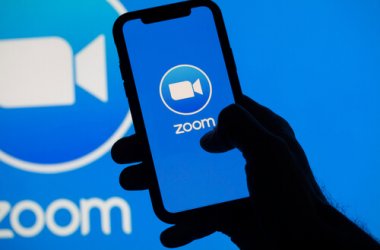Europe’s biggest news agencies have accused Google and Facebook of “plundering” news for free on Tuesday in a joint statement that called on the Internet giants to share more of their revenues with the media.
In a column signed by the CEOs of around 20 agencies including France’s Agence France-Presse, Britain’s Press Association and Germany’s Deutsche Presse-Agentur called on the European Parliament to update copyright law in the EU to help address a “grotesque imbalance”.
In the statement, the agencies called on the parliament to correct the “grotesque imbalance in how internet giants plunder press publishers’ and news agencies’ content to generate advertising revenues”.
The alliance said Facebook and Google have been using vast quantities of news produced at great cost by press publishers and news agencies without paying for it.
The move, according to reports, is part of the news agencies’ lobbying efforts towards lawmakers of the European Parliament, who will debate a new copyright law this month that may force the Internet giants to pay more for creative content on their platforms such as news, music or movies.
The joint statement from the agencies, which are major suppliers of news, photos and video, said Facebook reported revenues of $40 billion (34 billion euros) in 2017 and profits of $16 billion, while Google made $12.7 billion on sales of $110 billion.
A first draft of the law was rejected in July and the plans have been firmly opposed by US tech firms, as well as advocates of Internet freedom who fear that the regulations could lead to higher costs for consumers.
On 12th September, European lawmakers are expected to vote on the copyright reform law which is comprised of the two parts: The first is Article 13, which would make platforms like Google-owned YouTube legally liable for copyrighted material to prevent content producers from seeing their work posted without pay. The second is Article 11, which would create a so-called “neighbouring right” meaning that newspapers, magazines and news agencies would have to be paid when Google or other websites link to their stories.





